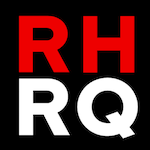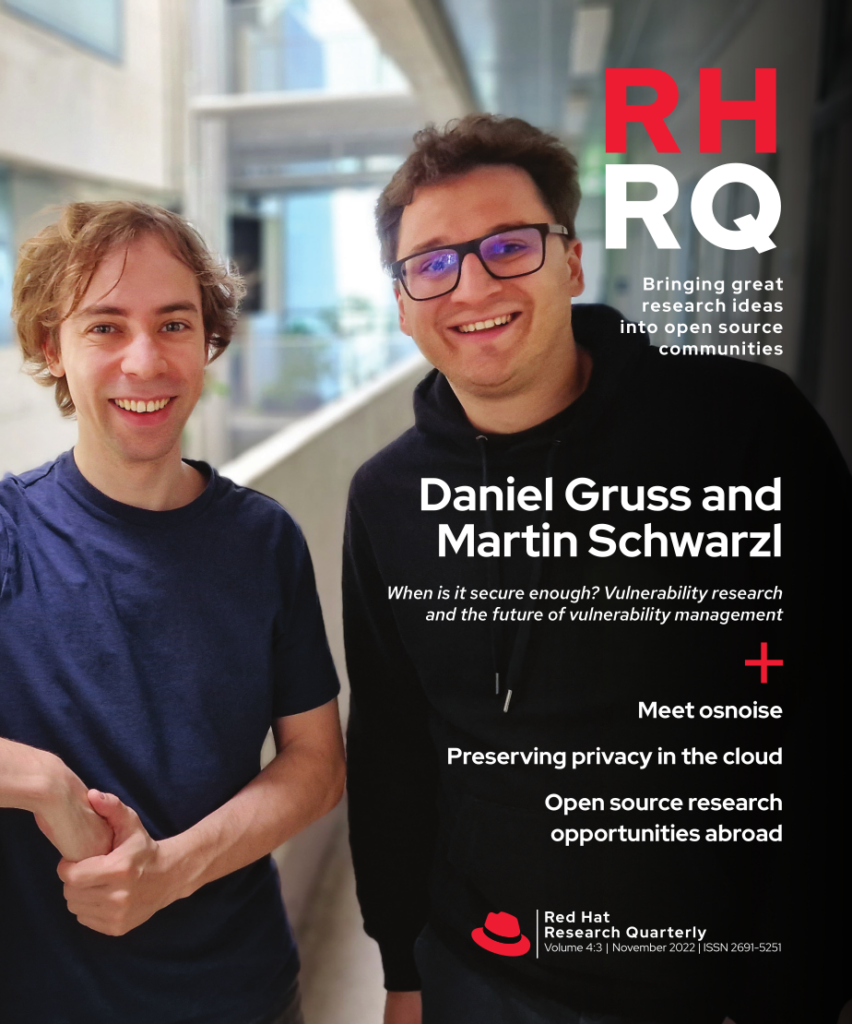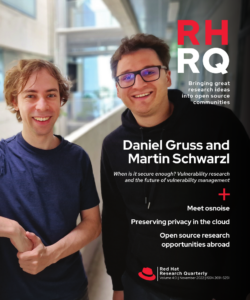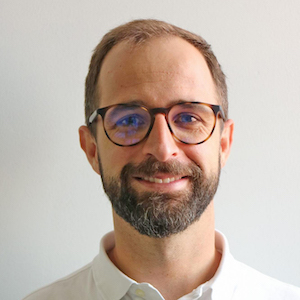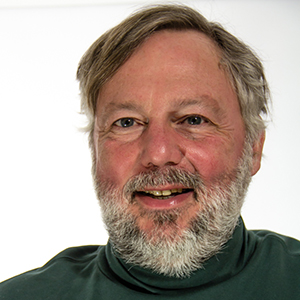The year 2022 was exceptional for Red Hat Research in a multitude of ways. After more than two years of only virtual gatherings, we successfully organized Red Hat Research Day Europe, an international in-person event held in Brno, Czech Republic. We further consolidated and aligned our team’s goals with the goals of the company and expanded our partnerships in multiple directions. But one of the most stellar successes happened in the sphere of EU-funded research projects.
Horizon Europe is an EU-funded program that facilitates collaboration across companies, academic institutions, and research centers. Its goal is to strengthen the impact of research and innovation in developing, supporting, and implementing EU policies while tackling global challenges. The program also supports creating and more impactfully dispersing excellent knowledge and technologies.
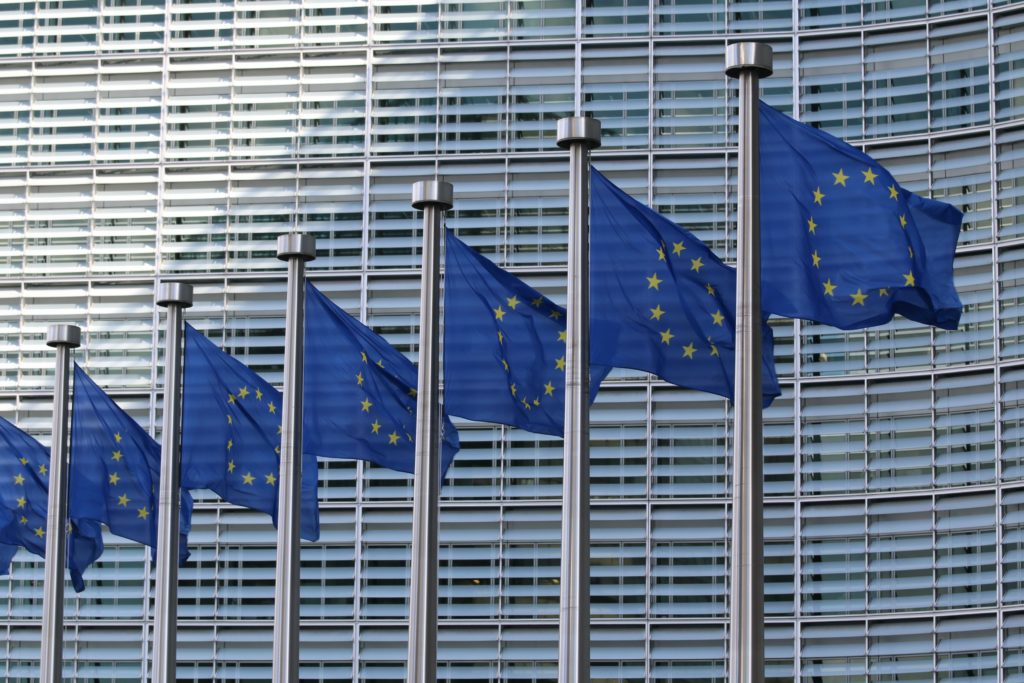
These aren’t the first EU-funded projects that Red Hat has taken part in. Most of the early projects, however, were managed locally, usually by the engineering teams themselves. This is also what makes 2022 noteworthy: all the projects chosen by the EU Commission for funding have been led by a team of Red Hat Research members and various engineers from all over EMEA.
We hardly expected that almost all the projects we applied for would receive an EU grant—but they did. This was a big challenge for the entire team because it was tough to predict the final result. We managed to scale our duties and responsibilities in cooperation with the massive amount of partners involved to make this dream a reality. We worked with more than 100 partner organizations worldwide, including the likes of Intel, IBM, Atos research, Huawei, Caixabank, Siemens, and Telefonica, among others.
We have a strong commitment with the European Commission to make sure these projects end as they are supposed to. All of us involved in the projects are accountable for fostering a culture of innovation, creativity, and engagement. This is a culmination of many ongoing Red Hat Research efforts, and it will now become a long-term relationship between Red Hat, academic institutions, industrial partners, and the European Commission.
Here is a brief description of the projects that will start in 2022-2023:
INCODE: Programming platform for intelligent collaborative deployments over heterogeneous edge-IoT environments
The INCODE programming platform intends to provide the following:
- An orchestration umbrella. By tightly integrating state-of-the-art IoT, edge/cloud computing, and networking platforms, the umbrella would manage end-to-end environment resources according to end-user requests and application content.
- A programming environment for applications. The environment would speed up development and deployment processes on large swarms of devices, split the application workload tasks efficiently into microservices, deploy them over heterogeneous edge-IoT infrastructures, and provide fast reconfiguration of required resources according to the application needs and IoT device status.
- A secure and trusted framework for edge-IoT deployments. The framework would provide IoT device and system authentication, data management, and application deployment; device attestation and resource availability monitoring; and guarantees of integrity with respect to the deployed applications, the shared data, and the generated data.

Funded by the European Union under Grant Agreement No. 101093069. Views and opinions expressed are however those of the author(s) only and do not necessarily reflect those of the European Union or European Research Executive Agency. Neither the European Union nor the granting authority can be held responsible for them.
ICOS: Towards a functional continuum operating system
The main objective of project ICOS (IoT2Cloud Operating System) is to design, develop, and validate a meta-operating system for a continuum by addressing the challenges of:
- Device volatility and heterogeneity, continuum infrastructure virtualization, and diverse network connectivity
- Optimized and scalable service execution and performance, as well as resource consumption, including power consumption
- Guaranteed trust, security, and privacy
- Reduction of integration costs and effective mitigation of cloud provider lock-in effects in a data-driven system built upon the principles of openness, adaptability, data sharing, and a future edge market scenario for services and data

Funded by the European Union under Grant Agreement No. 101070177 Views and opinions expressed are however those of the author(s) only and do not necessarily reflect those of the European Union or European Research Executive Agency. Neither the European Union nor the granting authority can be held responsible for them.
Green.Dat.AI: Energy-efficient AI-ready data spaces
The long-term vision of focusing on efficiency is to allow computing to move from data centers to edge devices, making AI accessible to more people, for example, by shifting computation from the cloud to personal devices to reduce the flow and potential leakage of sensitive data or by enabling processing data on the edge to eliminate transmission costs, lead to faster inference with a shorter reaction time, and drive innovation in applications where these parameters are critical.

Funded by the European Union under Grant Agreement No. 101070416. Views and opinions expressed are however those of the author(s) only and do not necessarily reflect those of the European Union or European Research Executive Agency. Neither the European Union nor the granting authority can be held responsible for them.
CONNECT: Continuous and efficient cooperative trust management for resilient CCAM
The vision of CONNECT is to address the convergence of security and safety in cooperative, connected, and automated mobility (CCAM) technology. CONNECT will assess dynamic trust relationships and define a trust model and trust reasoning framework based on which involved entities can establish trust for cooperatively executing safety-critical functions. This will enable cybersecure data sharing between data sources in the CCAM ecosystem with no or insufficient preexisting trust relationships and allow trustworthy outsourcing of tasks to multi-access edge computing (MEC) and cloud technologies. Beyond the needs of functional safety, trustworthiness management should be included in CCAM’s security functionality solution for verifying the trustworthiness of transmitting stations and infrastructure.

Funded by the European Union under Grant Agreement No. 101069688. Views and opinions expressed are however those of the author(s) only and do not necessarily reflect those of the European Union or European Research Executive Agency. Neither the European Union nor the granting authority can be held responsible for them.
CODECO: Cognitive decentralized edge cloud orchestration
CODECO proposes the following assets:
- Open cognitive toolkits and smart apps integrating elastic and advanced concepts to manage, in a smart and flexible way, containerized applications across edge and cloud
- A developer-oriented open source software repository to be available in an early stage of the project, thus allowing for early exploitation of initial, advanced results and better adaptation throughout the project’s lifetime
- Training tools to support the development of services based on the CODECO framework
- Use cases across four domains (smart cities, energy, manufacturing, and smart buildings) as the basis for experimentation and demonstrations
- Open calls and multiple community events based on the various use cases and including varied CODECO stakeholders
- CODECO integration into the large-scale EdgeNet experimental infrastructure to assist in the building of experimentation and novel concepts by the research community

Funded by the European Union under Grant Agreement No. 101092696. Views and opinions expressed are however those of the author(s) only and do not necessarily reflect those of the European Union or European Research Executive Agency. Neither the European Union nor the granting authority can be held responsible for them.
AC3: Agile and cognitive cloud edge continuum management
The key objective of the AC3 project is to devise a novel Cloud Edge Computing Continuum (CECC) manager that heavily relies on AI/ML to manage the lifecycle of applications and the underpinning IT and networking resources while ensuring that it operates as a cognitive system on top of a federated infrastructure composed of cloud, edge, far edge, and data sources from different stakeholders. The envisioned CECC architecture would ease resource federation by relying on a well-defined, secured, trusted, and open API to guarantee interoperability and the seamless deployment and management of applications over the federated infrastructure.

Funded by the European Union under Grant Agreement No. 101093129. Views and opinions expressed are however those of the author(s) only and do not necessarily reflect those of the European Union or European Research Executive Agency. Neither the European Union nor the granting authority can be held responsible for them.
AERO: Accelerated European cloud
AERO has the single mission of enabling the future heterogeneous EU cloud infrastructure. Towards this, it will develop—to a high technology-readiness level —all components necessary to achieve out-of-the-box heterogeneous execution of the cloud ecosystem on the EU processor. The outcome will be a set of compilers, runtime systems, operating systems, system software, and applications that can leverage the underlying capabilities of the future EU cloud equipped with GPUs, FPGAs, and other accelerators.

Funded by the European Union under Grant Agreement No. 101092850. Views and opinions expressed are however those of the author(s) only and do not necessarily reflect those of the European Union or European Research Executive Agency. Neither the European Union nor the granting authority can be held responsible for them.
CHESS: Cybersecurity excellence hub in Estonia and South Moravia
The Cybersecurity excellence hub in Estonia and South Moravia (CHESS) will bring together leading research and innovation institutions in both regions to build connected innovation ecosystems and address one of the most critical issues confronting Europe today: cybersecurity. The strategizing, skills building, and pilot research and innovation will cover the totality of the cybersecurity field, with special attention to six challenge areas: internet of secure things, security certification, verification of trustworthy software, blockchain, post-quantum cryptography, and human-centric aspects of cybersecurity.

Funded by the European Union under Grant Agreement No. 1101087529. Views and opinions expressed are however those of the author(s) only and do not necessarily reflect those of the European Union or European Research Executive Agency. Neither the European Union nor the granting authority can be held responsible for them.
Find out more about participation in EU-funded research schemes in the story “Look to the Horizon: Europe’s increased focus on funding open source research is creating new opportunities,” RHRQ 4:1, 2022.
